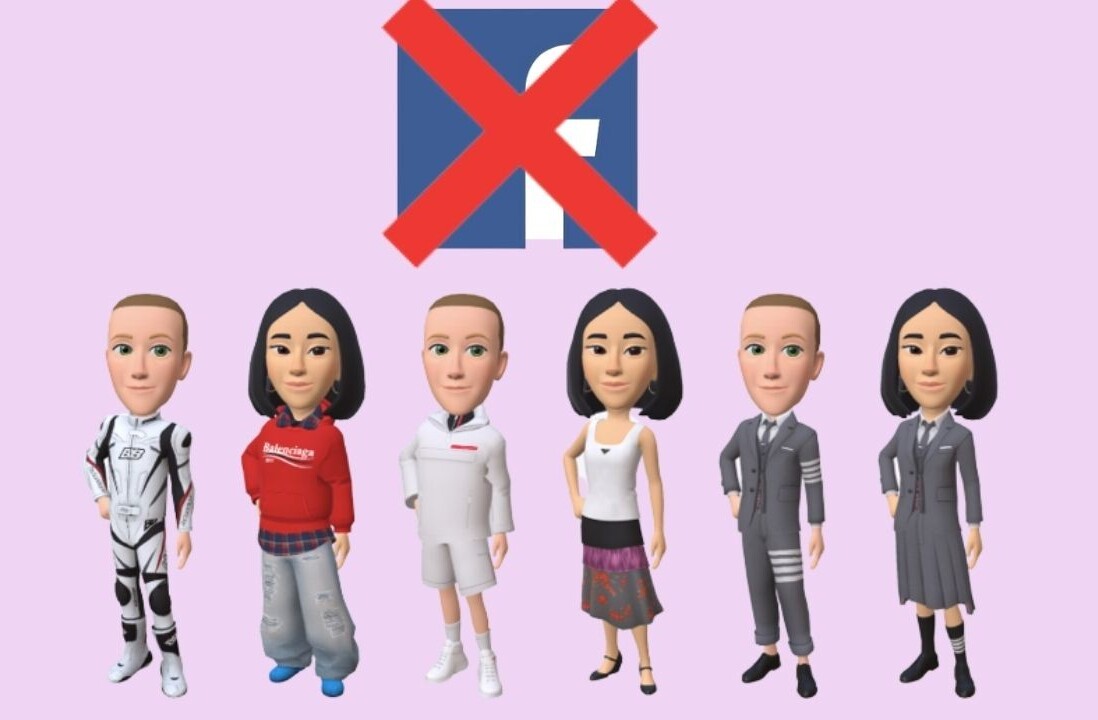
Facebook today announced the launch of its local currency payments API. At the same time, the company has given developers a fixed deadline to switch: Facebook Credits support will end on September 12, 2013.
As a result, Facebook also plans to deprecate Payer Promotions for Facebook Credits, and will start to support Payer Promotions for local currency “within the coming months.” Facebook-sponsored support for TrialPay offers are also going away, though TrialPay will continue to support these for Facebook and its developers by offering a direct integration solution for developers.
Here’s how it looks:
Back in March, Facebook announced plans to switch from Credits to local currency pricing, saying it would give developers give developers 90 days of notice. The company has now delivered on that promise (plus an extra eight days) and is asking developers to migrate their apps if they want to continue accepting payments.
The new API lets developers do the following:
- Set prices for in-game items by market so users in different countries see the most marketable prices relevant to their currency.
- Cache static prices with Facebook and remove the blocking server request to collect item information at time of purchase, improving your app’s performance. Optionally, the pricing callback can still be used to price items dynamically, giving you full flexibility when deciding how to price your items.
- Realize additional reduced latency as a result of fewer server requests for payment completion, like the second server request to confirm order fulfillment and real-time updates to confirm the transaction.
Facebook’s switch from Credits to local currency pricing is meant to simplify the purchase experience for users and make it easier for developers to price virtual goods internationally, at least according to the company. In fact, Facebook says some of its game development partners have seen positive results after they were offered to switch early, including Peak, Playdom, Happy Elements, and Plarium.
Facebook first revealed the new API for developers back in June 2012. The API essentially lets Facebook game creators convert and display credits in local currencies, and the company claims there’s a performance improvement for the payments flow since the updated Facebook Payments requires fewer callbacks to complete transactions and improves caching.
As we noted in March, Facebook is smart to give developers “ample time” to review the new documentation and then implement the updated payments infrastructure because for many developers this is their cash flow, and thus livelihood. It also offering the following advice:
- International pricing – To determine which currencies to support in pricing your items, consider using the App Insights tool to understand which users currently frequent your app and from what countries (best practices).
- In-game currency – Facebook encourages you to create your own in-game currency to maintain your app’s economy and flexibly change currency packages whenever you want. This gives you more control over the pricing of your in-game items (best practices).
- Mobile specific store – To support the best payment experience for users who wish to pay with mobile, Facebook suggests creating a mobile specific store that allows you to optimally price items and determine quantity according to fixed carrier price points. This will ensure your users are not subject to additional transaction fees because of these price points (best practices).
- A/B testing – Facebook has created a simple API that allows you to test the new payment dialog and roll it out incrementally to random groups of users. This will let you compare the legacy Credits system side-by-side with the new local currency one to ensure the migration will be a good experience for you and your users (testing documentation).
Back when Facebook Credits launched in January 2011, many game developers used it as a secondary form of currency on top of an in-game currency (until Facebook made Credits mandatory in July 2011). With local currency payments, Facebook hopes developers will be happy with being able to set prices based on a user’s preferred currency.
Top Image Credit: Michael & Christa Richert
Get the TNW newsletter
Get the most important tech news in your inbox each week.





